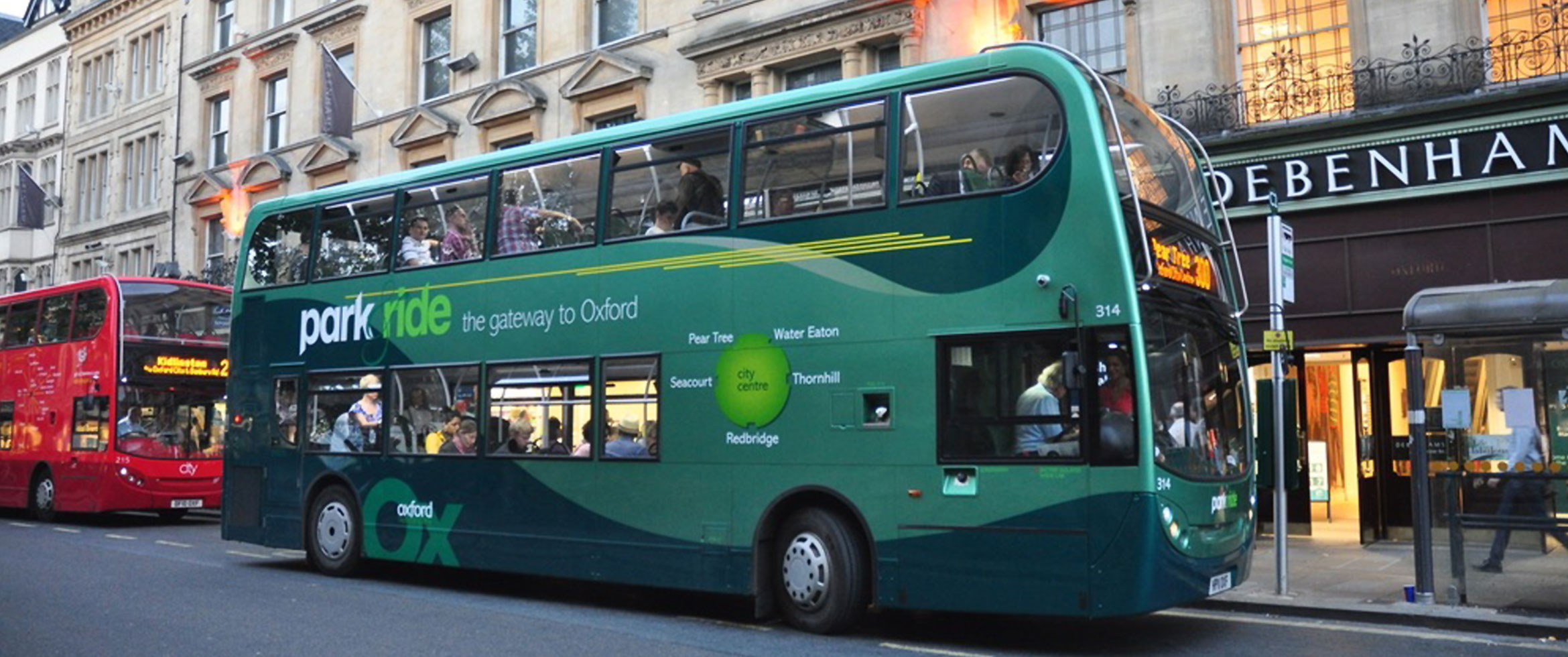Promoting Public Transit in Urban Areas with Incentives and Commitment
Bachman, W. , & Katzev, R. (1982). The effects of non-contingent free bus tickets and personal commitment on urban bus ridership. Transportation Research, 16A, 2, 103-108.
Can Commitment Change Behavior? A Case Study of Environmental Actions
Katzev, R. & Wang, T. Can commitment change behavior? A case study of environmental actions. Vol. 9. 1994. 13-26.
Psychological resistance against attempts to reduce private car use
Tertoolen G., van Kreveld D. & Verstraten B. (1998). Psychological resistance against attempts to reduce private car use. Transportation Research Part A: Policy and Practice, 32 (3), 171-181.
The Effects of Non-Contingent Free Bus Tickets and Personal Commitment on Urban Bus Ridership
Bachman, W. , & Katzev, R. (1982). The effects of non-contingent free bus tickets and personal commitment on urban bus ridership. Transportation Research, 16A, 2, 103-108.
Successfully Changing Individual Travel Behavior: Applying Community-Based Social Marketing to Travel Choice
Cooper, C. (2007). Successfully changing individual travel behavior: Applying community-based social marketing to travel choice. Transportation Research Record, (2021), pp. 88-99.
Applying a Modified Moral Decision Making Model to Change Habitual Car Use: How Can Commitment be Effective?
Matthies, E., Klöckner, C., & Preißner, C. (2006). Applying a Modified Moral Decision Making Model to Change Habitual Car Use: How Can Commitment be Effective?. Applied Psychology: An International Review, 55(1), 91-106.



